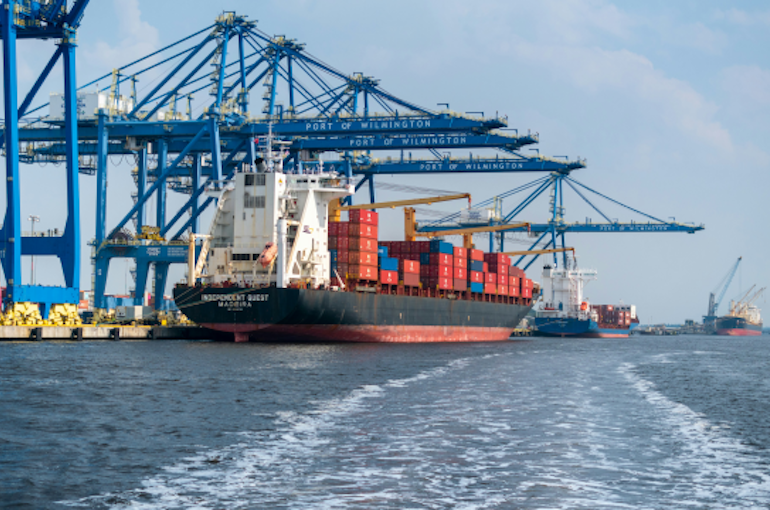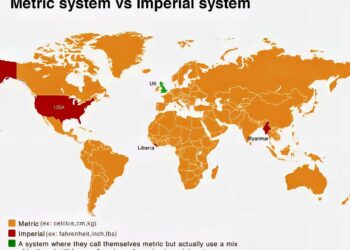Select Language:
China’s accession to the comprehensive free trade agreement will bring economic advantages not only to member nations but also to the global economy, according to officials from the Ministry of Commerce.
In the face of increasing unilateralism and protectionist policies that are disrupting the global trade landscape, China’s entry into the trade pact is expected to reinforce multilateralism and free trade, stated a spokesperson for the commerce ministry during a press conference in Beijing yesterday. This move is anticipated to result in economic gains for member countries and the world, fostering mutual benefits and shared growth, they added.
Shanghai’s Pudong New Area is consistently deepening its institutional openness, including implementing rules, regulations, and standards, noted district officials during a sub-forum of the Hongqiao International Economic Forum held in Shanghai that same day. Its level of openness largely aligns with the standards set out in the trade agreement and the Digital Economy Partnership Agreement, they said.
China submitted its application to join the trade pact in September 2021 and to the digital economy agreement in November of the same year.
Research from the Chinese Academy of Social Sciences estimates that China’s participation in the trade agreement could boost the GDP of participating countries by roughly 0.2 to 1.1 percent, increase exports by 2.5 to 11.8 percent, elevate global real GDP by 0.2 percent, and expand international trade by 2.8 percent, according to the officials.
Joining the trade agreement is also likely to foster the development of a larger, more integrated regional production and supply chain, which will enhance the scope, depth, and ease of industrial cooperation. This is expected to create new growth prospects in sectors such as oil, agriculture, and educational services within member countries, they said.
Pudong is among China’s regions with the highest levels of facilitation for foreign trade and investment, said Wu Jincheng, the district’s mayor. The district is actively working to promote a more streamlined and open flow of international and domestic resources and has achieved a state of “zero restrictions” in manufacturing. It has also pioneered pilot programs in opening up the service industry, including areas like value-added telecommunications and gene and cell therapies, Wu added.
Pudong fully conforms to the Organisation for Economic Co-operation and Development’s Services Trade Restrictiveness Index and the World Bank’s assessments of the business environment, continuously advancing openness in services, digital trade, and goods trade, Wu explained.
“We will continue to refine regulations concerning government procurement, green and low-carbon initiatives, and labor protections,” he said.
The China Enterprise Survey Report released by the World Bank in May highlighted that Pudong met the highest standards globally in 22 key indicators, including power reliability, access to financial services, and fair market competition.







